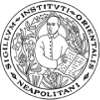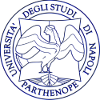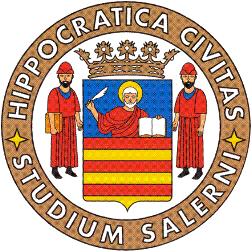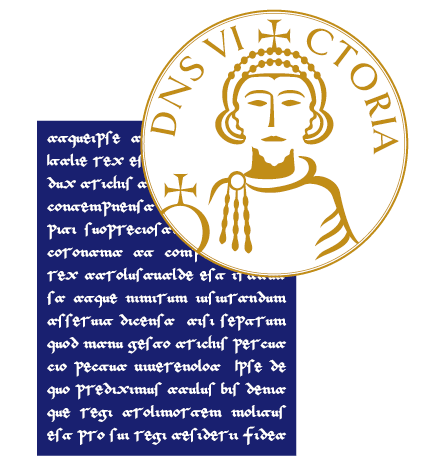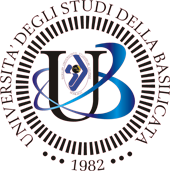From Family to Dual Albergo : The De Nigro in Genoa (mid-12th - early 15th century)
Keywords:
medieval history, 12th-15th centuries, history of Genoa, family history, prosopographySynopsis

Publisher: FedOA - Federico II University Press
Series: Clio. Essays in History, Archaeology and Art History
Pages: 353
Language: Italian
Abstract: In late medieval Genoa, the alberghi represented a distinctive form of family organization that remains only partially explored today. Through the case of the de Nigro family, this volume offers a prosopographical investigation that allows us to closely observe the mechanisms behind the formation and reproduction of the city’s elite between the twelfth and fifteenth centuries.The analysis – based on a wide and varied range of sources (notarial and fiscal records, public documents, and even epigraphic evidence) – captures the complexity of a family group capable of maintaining a prominent political, economic, and social position over time, thanks to strategies of property management and settlement, networks of alliances, and practices of self-representation. Particular attention is devoted to the territorial dimension of the albergo, to the role of women, and to the relationships between the family and civic and religious institutions. By moving beyond the notion of the albergo as a static institution, the study restores to the term –used in the Genoese context – its original semantic fluidity and shows how it served as a laboratory of family, political, and social practices. The history of the de Nigro family thus becomes a key to understanding the complexity of the urban elite, opening up new perspectives for comparison among the diverse family associations that took shape in late medieval Italian cities.
Downloads








